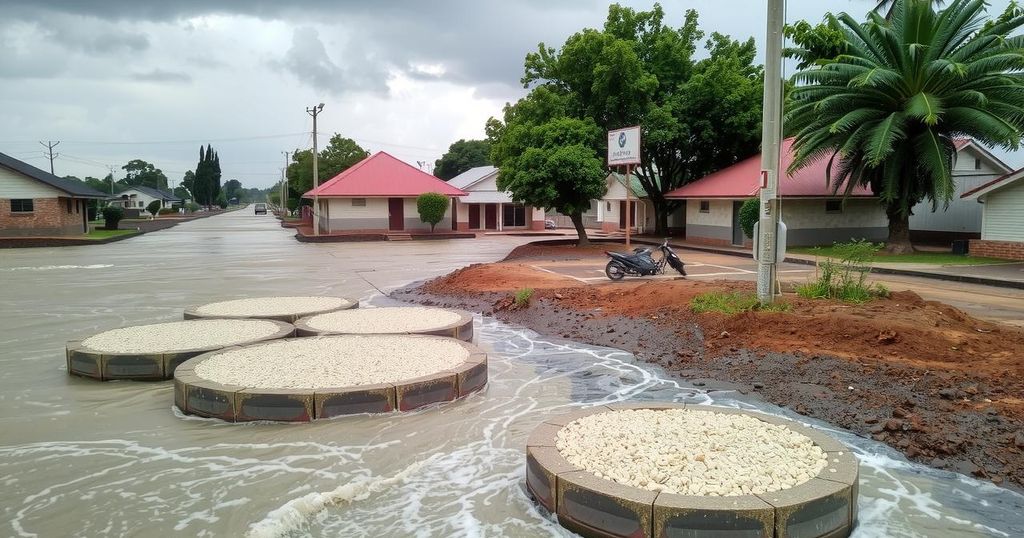Burkina Faso and Togo Strengthen Flood Forecasting Through Knowledge Exchange

Burkina Faso and Togo’s meteorological services participated in a learning exchange to enhance flood forecasting and early warning systems, visiting Sweden and Italy to study best practices for disaster risk management. The insights gained emphasized the importance of effective waste management, inter-institutional coordination, and a robust national framework for flood risk management.
In an initiative to enhance flood forecasting and early warning capabilities, the hydrological and meteorological services from Burkina Faso and Togo have engaged in knowledge-sharing efforts. The delegation of 19 specialists from these countries visited Sweden and Italy from October 16 to 23, 2024, to study operational flood warning systems. The first leg of the journey in Sweden provided insights into the methodologies employed by the Swedish Meteorological and Hydrological Institute (SMHI) in developing and disseminating flood forecasts. A visit to Malmo highlighted vital adaptation measures against floods, underscoring the necessity of effective waste management to mitigate urban flooding risks.
The second segment of the exchange occurred in Italy, where the delegation had the opportunity to learn from the Italian Civil Protection on monitoring hydrometeorological hazards. In Genoa, they observed a regional flood forecasting center that utilized local data for monitoring and forecasting processes. A discussion in Savona with the CIMA Foundation emphasized the need for integrated scientific approaches to create interoperable tools for flood monitoring and early actions. A significant takeaway identified was the establishment of a robust national framework that defines roles and responsibilities across various governance levels for effective flood risk management.
Institutions in Burkina Faso and Togo are now inspired to bolster their flood warning systems and disaster risk reduction efforts. They plan to develop standard operating procedures for their national flood warning systems, incorporating lessons learned during their visits to Sweden and Italy. The initiative received technical support from SMHI, AGRHYMET, and CIMA, along with coordination from the World Meteorological Organization (WMO) as part of ongoing technical assistance programs for both nations.
The learning exchange between Burkina Faso and Togo is part of a broader effort to enhance disaster risk management practices and improve forecasting services in flood-prone regions. With increasing climate variability impacting rainfall patterns and rising flood risks, the need for effective early warning systems has become critical. Collaboration among international experts and local institutions is essential in developing operational frameworks that bolster preventive measures and enhance readiness to respond to flood events.
In summary, the collaborative efforts between Burkina Faso and Togo in learning from Sweden and Italy have highlighted the critical importance of robust flood forecasting and early warning systems. By strengthening inter-institutional coordination and establishing clear frameworks, both nations aim to improve disaster resilience. The insights gained from this exchange will serve as a foundation for augmenting their national flood warning capabilities and overall disaster risk management practices.
Original Source: wmo.int






